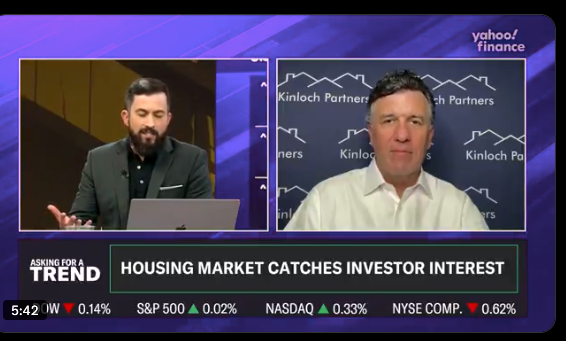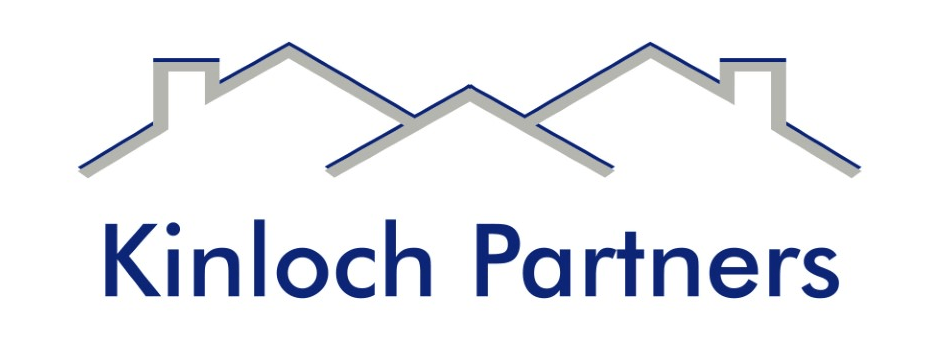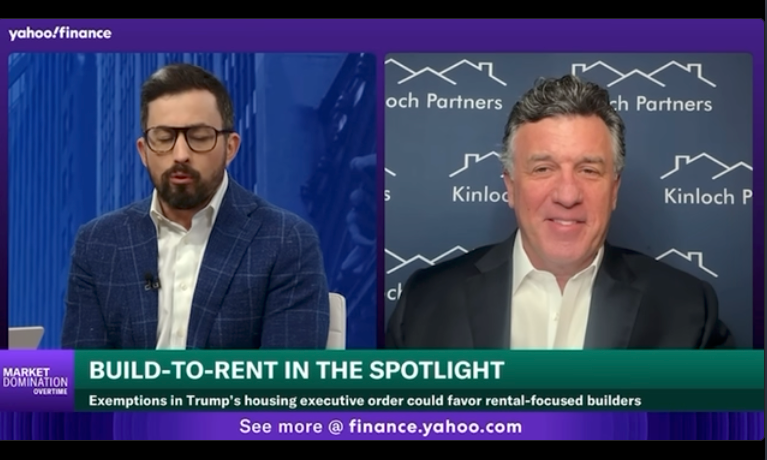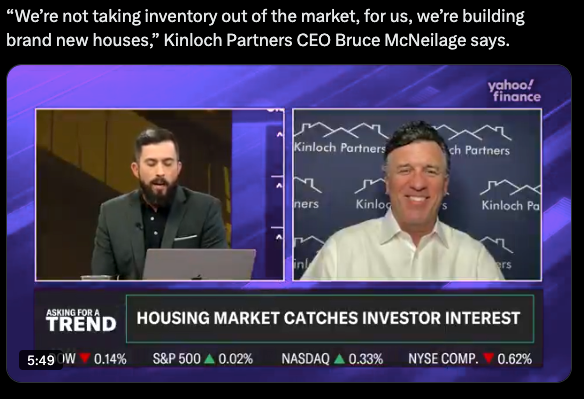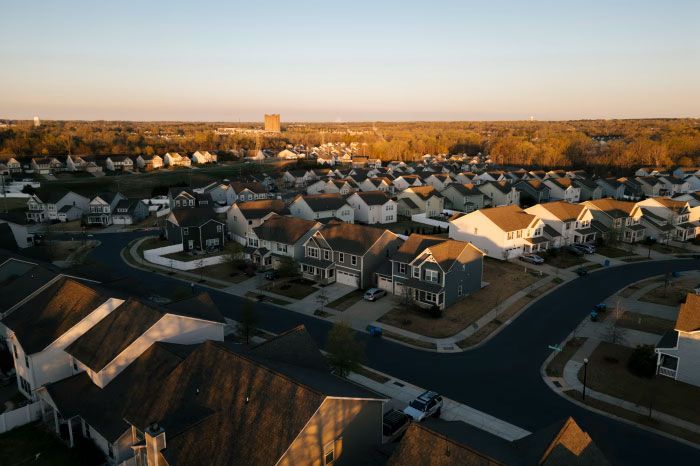Kinloch Partners, LLC to Invest $15 million in Atlanta, Nashville Single-Family Homes
Original story: http://finance.yahoo.com/news/kinloch-partners-llc-invest-15-131700297.html?soc_src=mediacontentstory&soc_trk=fb&fb_ref=Default
Real Estate Developer and Investor Looking to Buy Southeastern Properties as Larger Investors Sell Off Real Estate Portfolios
ATLANTA, July 15, 2015 /PRNewswire/ — Kinloch Partners, LLC today announced it intends to invest $15 million in existing single- family homes in Atlanta and Nashville during the remainder of 2015.
The company will invest $10 million in Atlanta south of Interstate 20, and another $5 million at various locations in Nashville.
The announcement comes one day after Blackstone Group, one of the world’s leading investment firms, announced it is selling 1,300 houses in Atlanta. While a large sell-off often signals a coming drop in home values as the market is flooded with supply, Kinloch Partners co-founder Bruce McNeilage predicts there is still pent-up demand from first- and second-time buyers.
“Blackstone’s announcement yesterday is good news for individual home buyers,” McNeilage said. “Inventory has been tight for some time and the increased availability of homes will provide some excellent shopping opportunities for Atlanta residents.”
McNeilage also predicted that other large institutional investors will jettison their residential real estate portfolios in the coming weeks. But, Kinloch is taking a page out of billionaire investor Warren Buffett’s playbook – the time to buy is when other investors are selling in a panic.
“There is often a herd mentality among institutional real estate investors, so we anticipate other large institutional investors will dump their Atlanta portfolios and possibly their portfolios in other Southeastern markets,” McNeilage said. “But Kinloch Partners remain bullish on the Atlanta and Nashville markets. We are in for the long haul.”
McNeilage, through his firm Kinloch Partners and other real estate investment partnerships, currently owns 250 pad ready residential lots in Greater Atlanta and another 217 under contract in Nashville and Greater Atlanta. In February, McNeilage and his partners, James Grason and Daniel Lambert, sold 42 Nashville area homes to American Homes 4 Rent for $9.6 million. Currently, through real estate partnership Harpeth, LLC, McNeilage is involved in the development and sale of Solo East, a 130-unit condo development in Nashville.
Kinloch Partners, LLC first entered the Atlanta market in August of 2011 and has invested nearly $10 million there to date. In 2014, Kinloch Partners announced plans to acquire lots in 14 additional subdivisions in Metro Atlanta, on which single family homes will be built this year.
About Kinloch Partners, LLC
Kinloch Partners, LLC is a real estate investment company formed in 2011 by childhood friends Bruce W. McNeilage and Christopher P. Zachary, who met on the playground at Kinloch Elementary School in Dearborn Heights, Michigan, in the mid-1970s. The company specializes in providing a path to home ownership for new homeowners through new construction, home renovation or investment in financially distressed real estate properties.
To view the original version on PR Newswire, visit: http://www.prnewswire.com/news-releases/kinloch-partners-llc-to-invest-15-million-in-atlanta-nashville-single-family-homes-300113602.html
